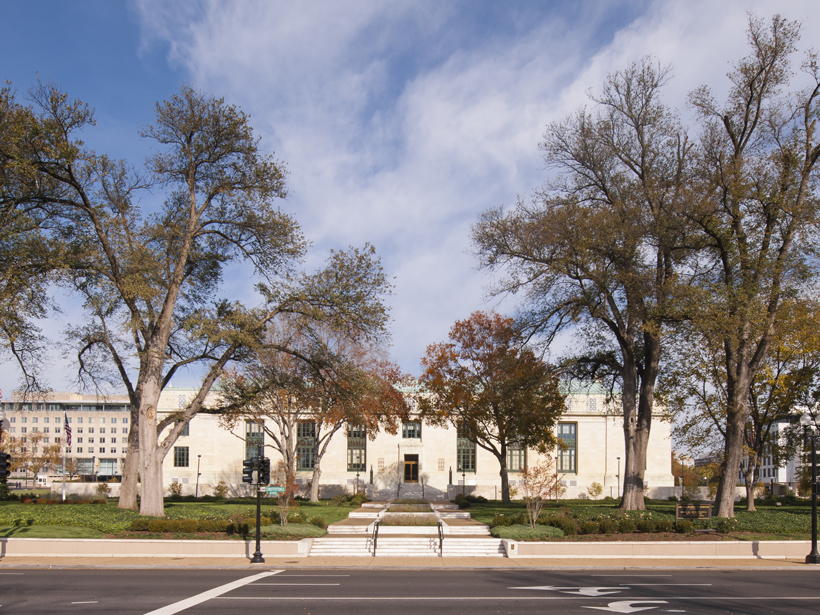A report released by the National Academies of Sciences, Engineering, and Medicine (NASEM) recommends the establishment of an independent, nongovernmental board to help research institutions foster scientific integrity across fields.
The new report, published 11 April and titled Fostering Integrity in Research, also makes several recommendations to improve the investigations of and responses to scientific misconduct. The recommendations were influenced by several high-profile cases of scientific misconduct, all of which involved to some degree issues with reproducibility, data fabrication or falsification, retaliation against whistle-blowers, or consequences for graduate students or coauthors.
“We don’t think the system is broken, but we think there is a lot more we as a community can do.”
“We don’t think the system is broken, but we think there is a lot more we as a community can do,” Robert Nerem, a professor emeritus of bioengineering at Georgia Institute of Technology in Atlanta and chair of the committee that wrote the report, told Science.
Integrity in Science
Because of rapid globalization and changing technologies, NASEM’s Committee on Science, Engineering, and Public Policy commissioned the new report as a follow-up to a similar report released in 1992, titled Responsible Science: Ensuring the Integrity of the Research Process. The 1992 report, which was also inspired by cases of scientific misconduct, first recommended that the research community establish an independent board, but that recommendation was overlooked.
A nonprofit, independent Research Integrity Advisory Board (RIAB) would share expertise in minimizing and handling research misconduct, the new report notes. The committee acknowledges that individual U.S. institutions and funding agencies do “valuable work to foster research integrity,” but they also stress that no such entity exists to “foster research integrity at a national scale.”
An RIAB could provide support, resources, or advocacy to various stakeholders in the research process. It would have no direct role in investigations, regulation, or accreditation, the committee notes, but it would serve as a “neutral resource based in research enterprise that helps the enterprise respond to ongoing and future changes.”
Recently, sexual harassment in the sciences has become a more mainstream issue as women come forward to share their experiences. Although sexual harassment is not specifically addressed in the report, Nerem told Eos that “the RIAB thus may be ideal to foster further discussions about this serious issue.”
Other Recommendations
The new report lists 11 recommendations to parties within the scientific enterprise, including research institutions, universities, sponsors, journals, and funding agencies. One of these recommendations was that all bodies within the scientific enterprise should update and align their practices and strategies in response to a world where globalization has prompted new and international collaborations and where the Internet and new technologies have affected data collection and reporting of findings.
The report also encourages these parties to protect whistle-blowers and for federal funding agencies to supply “sufficient funds” to improve long-term data storage to strengthen reproducibility efforts.
You can read the full report here.
—JoAnna Wendel (@JoAnnaScience), Staff Writer
Citation:
Wendel, J. (2017), Establish a scientific integrity advisory board, says new report, Eos, 98, https://doi.org/10.1029/2017EO071861. Published on 17 April 2017.
Text © 2017. The authors. CC BY-NC-ND 3.0
Except where otherwise noted, images are subject to copyright. Any reuse without express permission from the copyright owner is prohibited.

